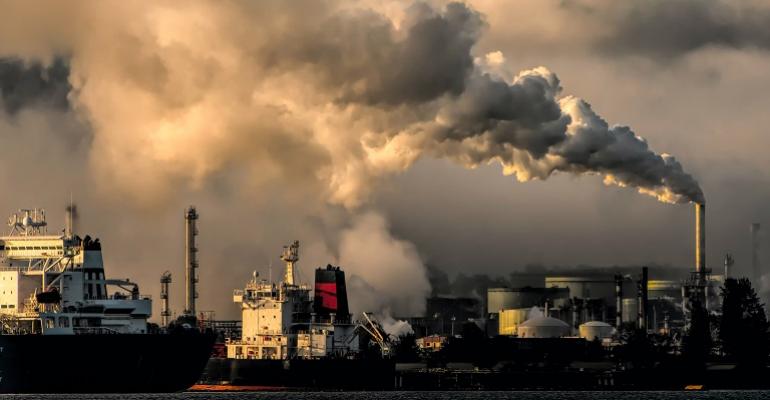A new report from Lloyd’s Register Maritime Decarbonisation Hub and Safetytech Accelerator concludes that new technologies are required to assess accurately the well-to-wake carbon content of new fuels, such as hydrogen and ammonia. The report – ‘Tracing the true carbon intensity of sustainable marine fuels’ – has been launched ahead of a webinar on the subject on January 31.
Noting that the fuels of tomorrow can come in various forms – grey, blue or green – the report highlights findings of a feasibility study on tracking the true carbon intensity of fuels over the entire supply chain. As things stand today, ship operators lack clear visibility of the processes by which fuel is produced, delivered, and supplied to ships, the report points out.
This presents a range of challenges, both upstream and downstream. In an upstream context, fuels could have an electronic guarantee of origin (GO) certification to prove that they had been produced meeting specific quality criteria and methods. Downstream, isotopic ‘fingerprinting’ and ‘marking’ processes could be established, the report suggests, although rigorous protection and security would be required to prevent cheats from passing off blue or grey fuels as higher-cost green ones.
The report points out that there are no regulations currently in place to address these and other issues relating to the true carbon content of tomorrow’s fuels. Even as life cycle assessment (LCA) methodologies and regulations are being discussed, the scope for widespread non-compliance still remains a challenge while there are no robust methods to assure fuel carbon intensity effectively.
Copyright © 2024. All rights reserved. Seatrade, a trading name of Informa Markets (UK) Limited.
Add Seatrade Maritime News to your Google News feed.  |

